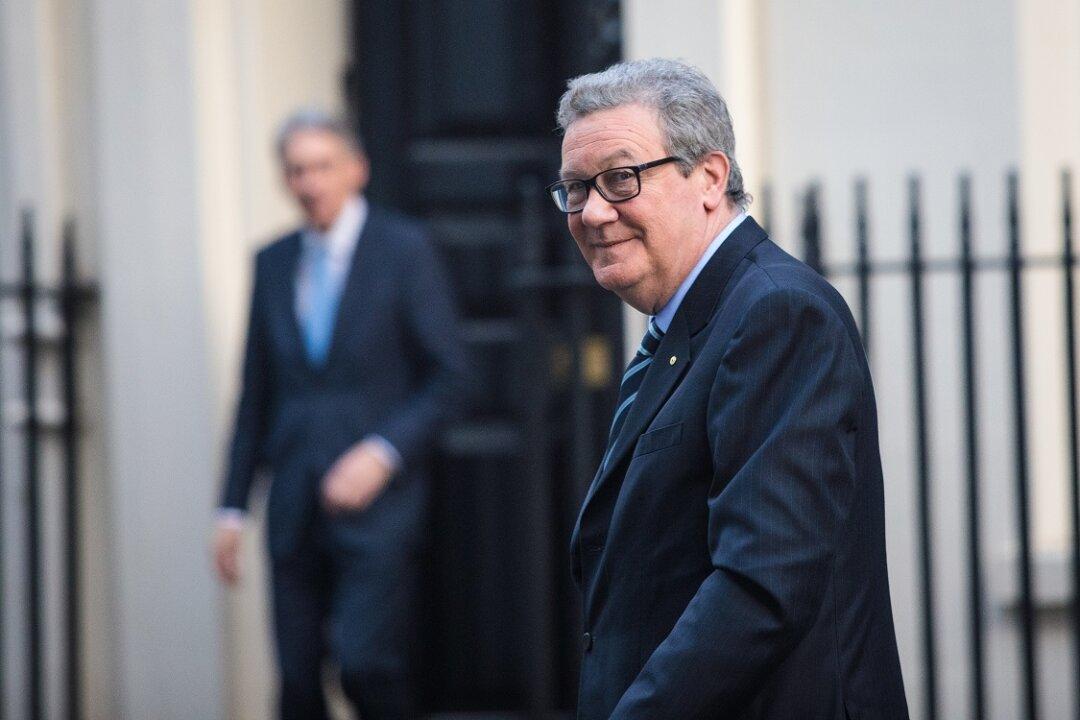The UK’s ongoing illegal immigration crisis could spark social unrest and feed votes to extremist political movements, a former Australian foreign affairs minister has said.
Alexander Downer warned that government failure to get a grip on current uncontrolled levels of immigration will force the British public to “look elsewhere” for solutions.





